Deck & Commander Strategies
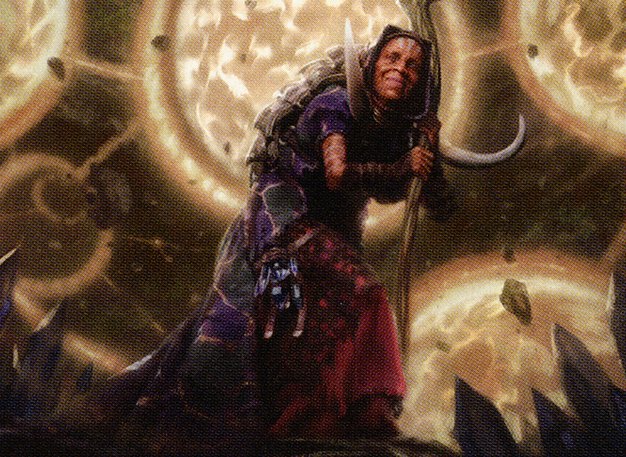
Rielle, the Everwise
Generate a large number of treasures to fuel card draw and discard synergy, using spells like Dark Side and Chain of Vapor to maximize value and maintain hand advantage.
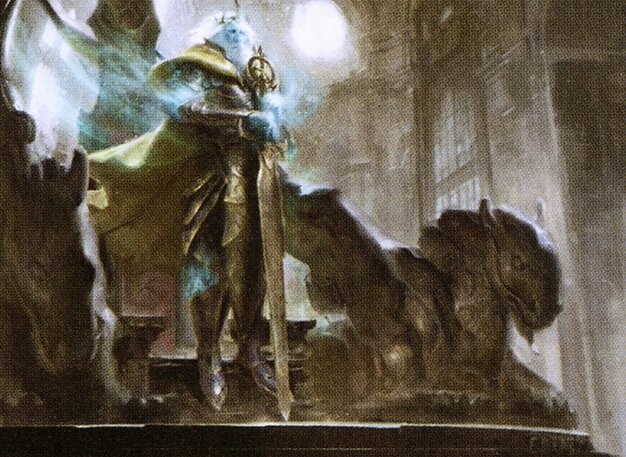
Brago, King Eternal
Slow opponents with artifact stax pieces like Null Rod and Grim Monolith while using Brago's blink to reset mana rocks and gain incremental advantage through repeated ETB triggers.

Vega, the Watcher
Control the board with counterspells and value artifacts like Isochron Scepter, generating card advantage each time spells are cast off the scepter's imprint.

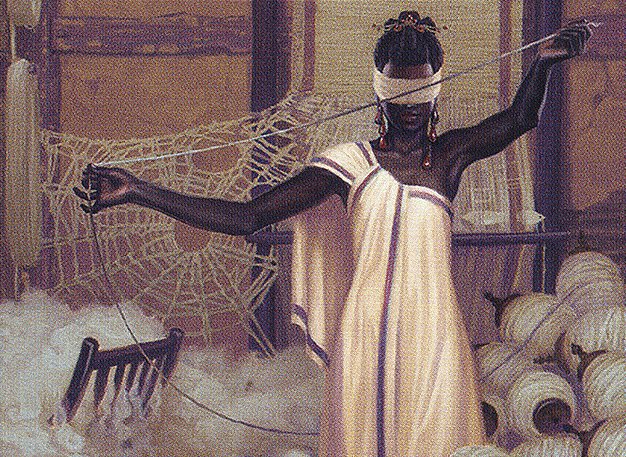
Tymna the Weaver / Tana, the Bloodsower
Deploy a stax-centric control shell that taxes opponents and grinds the game down via incremental advantage and disruption, tuning hate pieces to the meta.
Gameplay Insights
- 1
Hidden’s large treasure generation with Dark Side and the ability to repeatedly bounce Dockside Extortionist with Chain of Vapor created a powerful engine for card draw and mana acceleration.
- 2
Fernando's timely Null Rod effectively slowed Hidden’s artifact-based ramp, forcing him to adapt and find alternative ways to pay for taxing effects like Mana Tithe.
- 3
Jimmy leveraged Isochron Scepter imprinted with Dovin's Veto and counterspells to protect his board state and disrupt opponents' key plays, maintaining control over the game’s tempo.
- 4
Players strategically chose when to pay for taxing effects like Mana Tithe and Mystic Remora, often passing on payments to deny opponents value and conserve resources.
- 5
Repeated use of tutors such as Mystical Tutor and Demonic Tutor allowed players to find critical answers and combo pieces, emphasizing the importance of deck consistency in cEDH.
- 6
The interplay between artifact stax and treasure-based ramp highlighted the delicate balance in cEDH games between accelerating your own game plan and disrupting others'.
Notable Cards
-
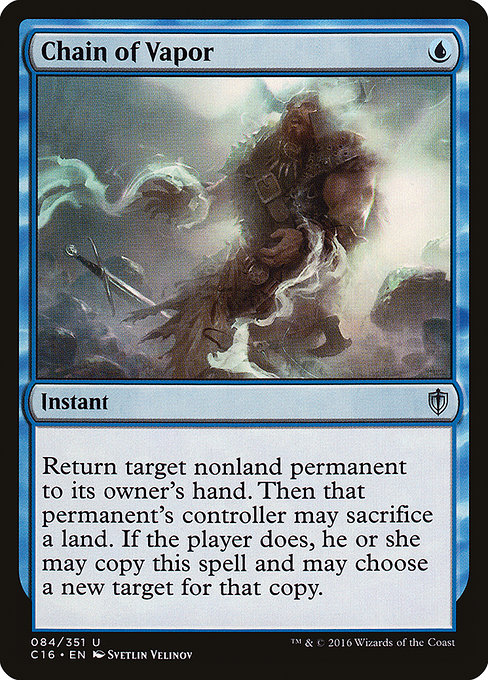
Chain of Vapor
-
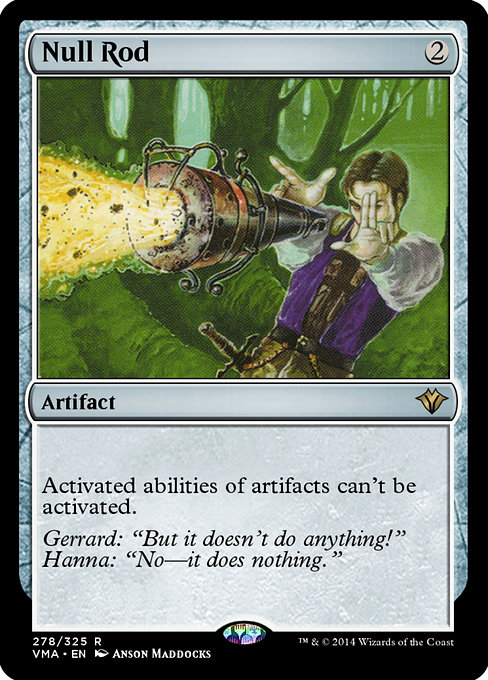
Null Rod
-
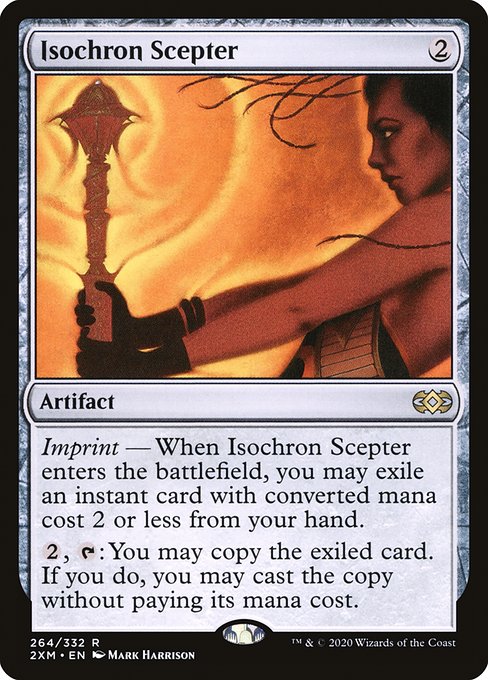
Isochron Scepter
-
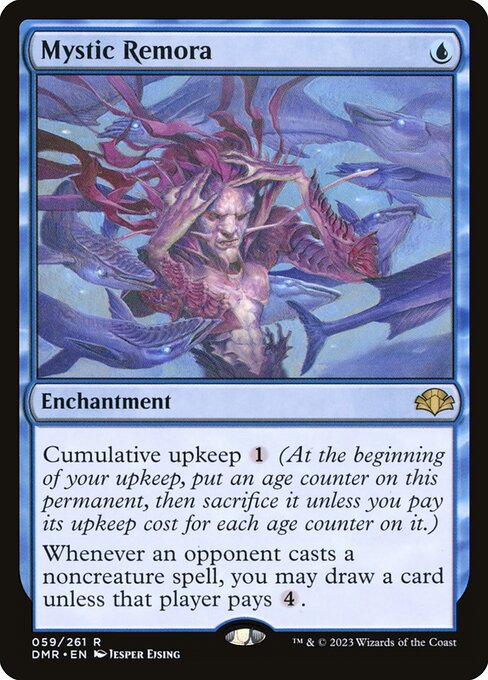
Mystic Remora
-

Force of Negation
-
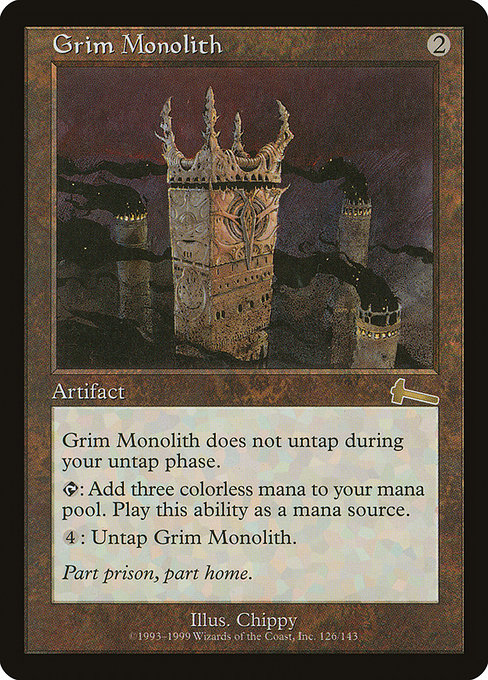
Grim Monolith
-
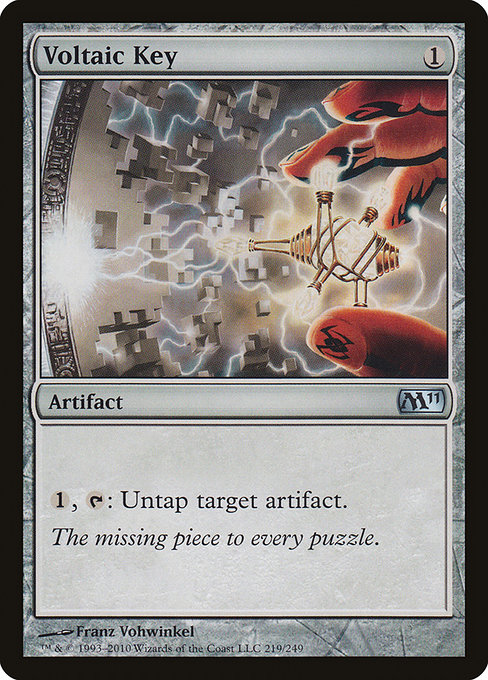
Voltaic Key
-

Demonic Tutor
-

Mana Crypt
-
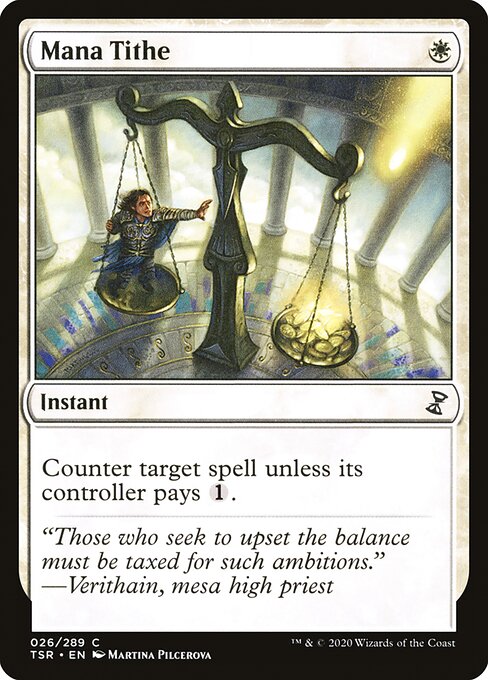
Mana Tithe
Gameplay Summary
The game started with all players establishing their board states through ramp and setup, with particular emphasis on generating treasure tokens and fast mana.
Early turns saw a flurry of tutors, mana artifacts, and disruption spells as players jockeyed for control and card advantage.
A key early interaction involved Hidden Planet X (Rielle) amassing treasures and leveraging Dark Side to generate massive treasure tokens, fueling card draw and enabling powerful plays despite Null Rod being dropped to disrupt artifact synergies. Jimmy's Vega deck capitalized on Isochron Scepter and artifact synergies, producing consistent card advantage and counterspells that kept opponents in check.
Fernando’s Brago deck used artifact stax elements like Null Rod and Grim Monolith to slow opponents while leveraging Brago’s blink ability to reset mana rocks and gain incremental advantage.
MTG Loots piloted Tymna/Tana Blood Pod, a stax-oriented deck aiming to grind opponents down with taxing effects and control elements. The pivotal moments revolved around treasure generation and artifact disruption, with players repeatedly leveraging pack triggers and card draw engines.
Hidden’s attempts to generate overwhelming value with treasures and card draw were repeatedly challenged by artifact hate and counterspells, notably from Fernando and Jimmy.
The game highlighted the tense balance between fast mana acceleration, artifact hate, and control, with players using tutors, counters, and removal spells to navigate the board state.
The eventual win condition centered on leveraging treasure-fueled card draw and control to out-resource opponents, though multiple board wipes and stax pieces kept the game in a delicate balance.




























![Kaldheim $100 Budget Game!! Narfi vs Fynn vs Aegar vs Vega [EDH/Commander, MTG Gameplay] 2021 thumbnail](https://i.ytimg.com/vi/5RB_uDg13J4/sddefault.jpg)
![Orvar vs Anowon vs Jeska // Thrasios vs Vega [EDH/Commander, Magic The Gathering Gameplay] 2021 thumbnail](https://i.ytimg.com/vi/SWUOIarbMTE/sddefault.jpg)





